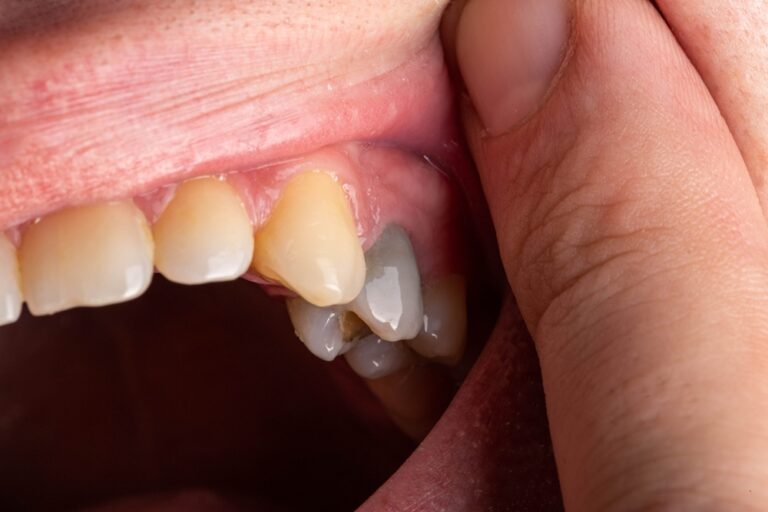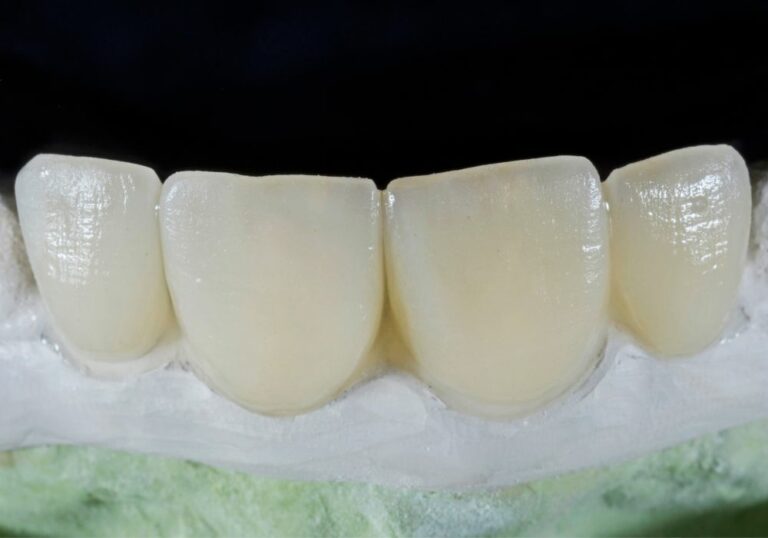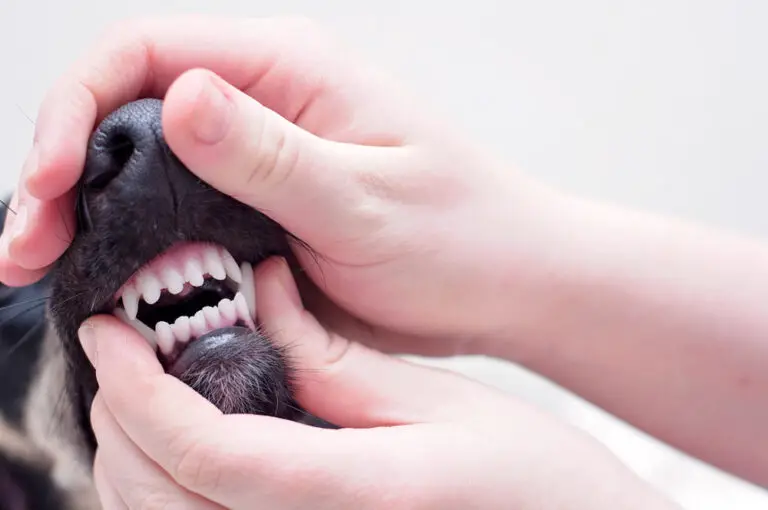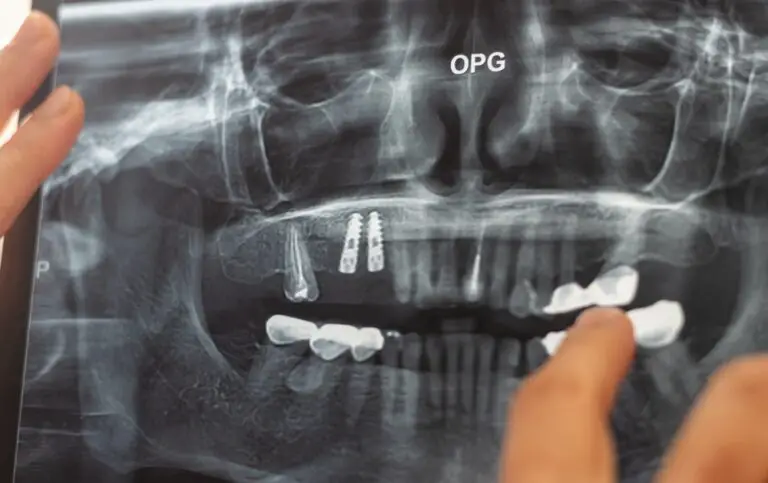When a baby’s first milk teeth erupt, it marks a major milestone in the baby’s life for the proud parents – and similarly, when those milk teeth start to fall out around seven years later, it’s another milestone for the parents and a rite of passage for the child.
However, some people might wonder why all this is necessary. Wouldn’t it just be simpler to grow our adult teeth first time and be done with it? To explain why this is not the case and why baby teeth are so important, in this post, we answer the question, why do we have milk teeth?
If you want a fun introduction to some of the things we’re going to be talking about in this post, you can also check out this video before reading on.
Why Do We Have Milk Teeth?
Teeth throughout the animal kingdom
Throughout the animal kingdom, there are many types of teeth, depending on the lifestyle an animal has evolved to live.
A large number of animals, including many reptiles, are what’s known as polyphyodonts, which means their teeth constantly drop out and are replaced during their lifetimes.
Elephants, kangaroos and manatees are examples of mammal polyphyodonts, but this is the exception.
Among mammals, around 40% are rodents, a group of animals with incisors that constantly grow during their lives without ever dropping out.
However, most other mammals, including humans, are what’s known as diphyodonts. These animals first grow a set of baby teeth – also known as milk teeth or deciduous teeth – that are then later replaced by a set of permanent teeth.
But why does this happen? Why don’t we just grow one set of teeth and be done with it? Or alternatively, why don’t we just keep growing as many teeth as we need, constantly replacing those that become damaged or decayed?
There are several reasons why having two sets of teeth is advantageous for us, so let’s look at this now.
What are milk teeth used for?
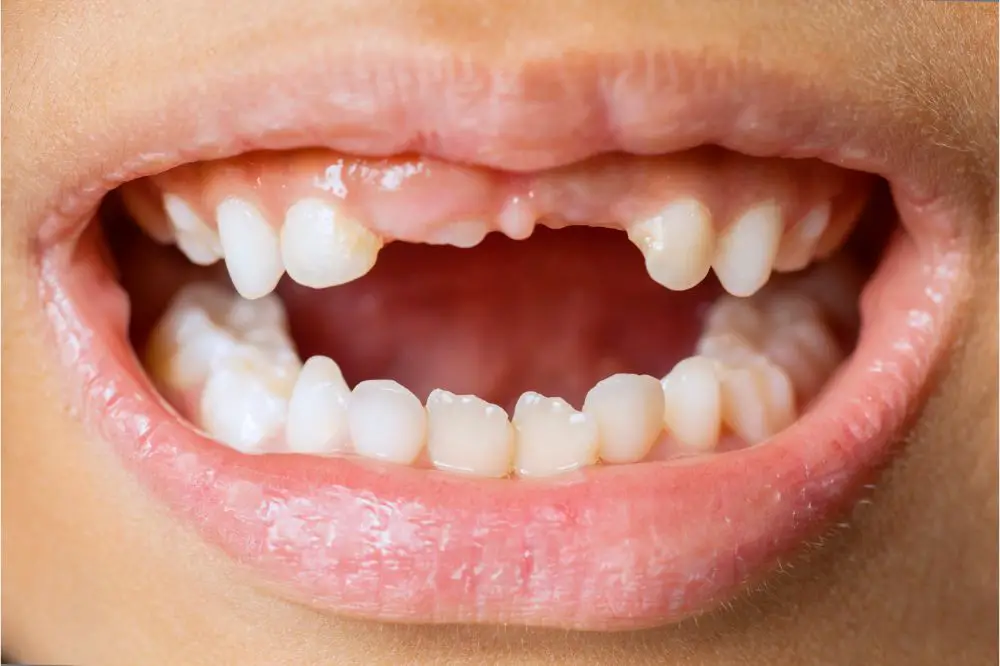
Most human children lose their milk teeth and start growing their permanent teeth by around ages seven to nine, and it’s quite obvious that not having any teeth until that age would not be feasible.
On the contrary, our milk teeth serve several important and distinct functions, and it’s very clear that we need them – so now let’s look at the main reasons one by one.
1. “Placeholders” for permanent teeth
One of the most important functions milk teeth serve is as “placeholders” for the permanent teeth that grow later.
A baby’s milk teeth are present in the gums long before the baby is born, but they don’t begin to erupt usually until around six months after birth.
Similarly, the permanent teeth are present in the gums of a child long before they push the milk teeth out and erupt themselves.
However, before the permanent teeth emerge, the milk teeth ensure adequate space remains in the mouth for when the permanent teeth are ready to push through.
In effect, the milk teeth guide the permanent teeth, ensuring the regular position of the permanent teeth when they emerge.
The importance of this is demonstrated by what happens when an infant loses a tooth early due to decay or the tooth being knocked out.
In this event, a space saver needs to be fitted to prevent the other milk teeth from growing closer together. Otherwise, the permanent teeth won’t have enough space to grow into, and this can cause dental issues as the child grows.
If this isn’t done, it can lead to maloccluded teeth – or in other words, teeth that are forced to grow out at incorrect angles from the rest of the teeth.
This makes them less efficient for eating, and it also makes them more difficult to clean and care for – so this is something that dentists try to help us avoid.
2. Help with the development of the mouth and jaw
Similarly, milk teeth help with the correct development of the jaw and the mouth.
Without milk teeth, the jaw and mouth would not grow in the correct shape and size, and again, this would cause issues later when the permanent teeth start growing.
Similarly, having milk teeth also allows the muscles in the jaw to develop correctly.
3. Biting and chewing
Another extremely important reason why we need milk teeth is for biting and chewing.
As we just mentioned, it just wouldn’t be feasible to spend the first seven to nine years of our lives without teeth because we need them for eating.
Infants usually begin eating solid food from around six months, and they are usually fully weaned by 18 months, if not before.
If we didn’t have milk teeth, we would be restricted to living off our mothers’ milk until our permanent teeth arrived – or we would only be able to consume foods that don’t require any chewing such as mashed banana.
This is clearly not an option, and milk teeth allow human babies – and the babies of other species – to start eating solid foods before the permanent teeth grow.
4. Speaking
Another important reason human babies need teeth is because it helps them to speak.
Most babies say their first words between around one year and 18 months, and having milk teeth helps with copying and correctly reproducing all those sounds that make up human language.
Again, with no teeth, babies would find it much harder to start speaking properly until their permanent teeth grew in.
5. Self-confidence and self-image
Finally, teeth play an important role in self-confidence and self-image for children, and for this reason, they need teeth to be able to smile and communicate with other children and with adults.
Of course, you could argue that if no infants had milk teeth, this wouldn’t be an issue because they would all be the same – but since children do have milk teeth, any child that didn’t have them would be sure to suffer from self-confidence issues.
But why don’t we just grow our permanent teeth from the beginning?
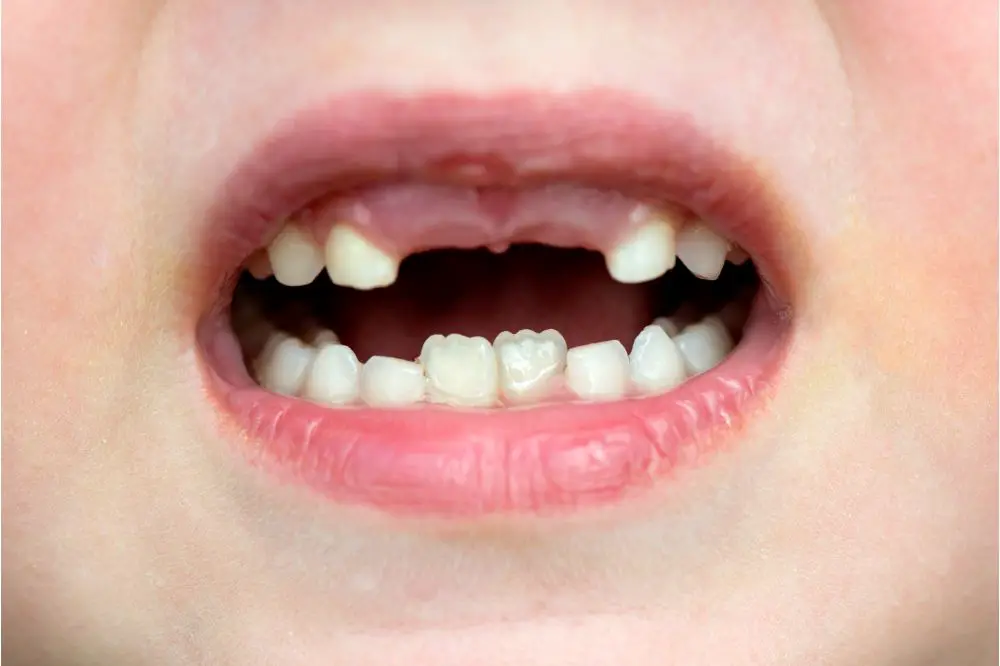
You may have noticed that all of the reasons we have given so far are about why we need teeth as infants, but none of these answers addresses the question of why we don’t just grow our permanent teeth right from the beginning.
The answer to this is simple. Babies and young children just don’t have big enough mouths or jaws to accommodate a set of large adult teeth.
Newborn babies have tiny heads, so there’s no way a set of large adult teeth would be able to grow – and this remains the case until they are quite a lot older.
An evolutionary alternative could be for babies to be born with larger heads, but human babies already have huge heads compared to other animals due to the need to accommodate our large human brains.
This makes human childbirth much more complicated, dangerous and painful than childbirth in many other animals, which is why humans have never evolved to be born with larger heads than we already have.
Instead, the solution that human evolution has given us is to be born with no teeth, to first grow a set of baby teeth and then to replace these with permanent adult teeth when our heads have grown large enough to accommodate them.
So why not be polyphyodonts?
So why do we only grow two sets of teeth? Surely it would be better to constantly replace our teeth throughout our lifetimes. Then we wouldn’t need to worry so much about our teeth rotting or being knocked out.
Although this might seem like a good idea on the surface, there are good reasons why this is not the case either.
The first reason is that we – and almost all other species – have very specialized teeth. For example, we have incisors for biting, and we have molars for chewing.
However, for our teeth to function correctly and effectively, we need them all to be present.
If we often found ourselves missing a couple of incisors, it would make it quite difficult to bite into our food, whether that means you sinking your teeth into a juicy apple or one of our distant ancestors tearing a chunk of meat from an animal cooked over the fire.
Similarly, if we were constantly lacking molars due to them falling out and not having been replaced yet, we’d also find it hard to chew.
But by having one ever-present set of teeth, it means we can always eat our food.
There’s another reason too. Constantly growing new teeth requires energy and nutrition, which would mean we would have to eat more all the time.
This might not seem to be such a big problem nowadays, but it certainly was for our cave-dwelling ancestors who were struggling just to stay alive.
Conversely, just having one single set of teeth means we don’t need to constantly search for the extra nutrition required for growing them, an evolutionary compromise we made against the benefits of polyphyodonty.
Baby teeth are important
As we’ve seen, there are many good evolutionary reasons for us to be diphyodont animals – or in other words, to grow two sets of teeth during our lifetimes.
Furthermore, even though we eventually lose them, it’s vital to take proper care of baby teeth because they can affect how our adult teeth grow in – and they are also extremely important for children’s self-image and confidence among their peers.

